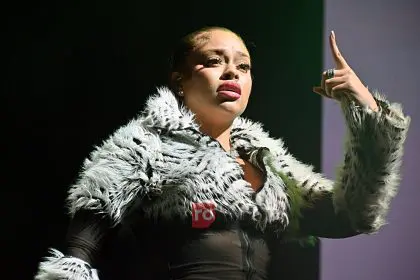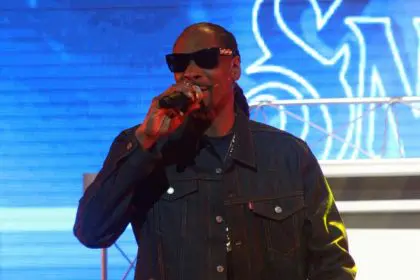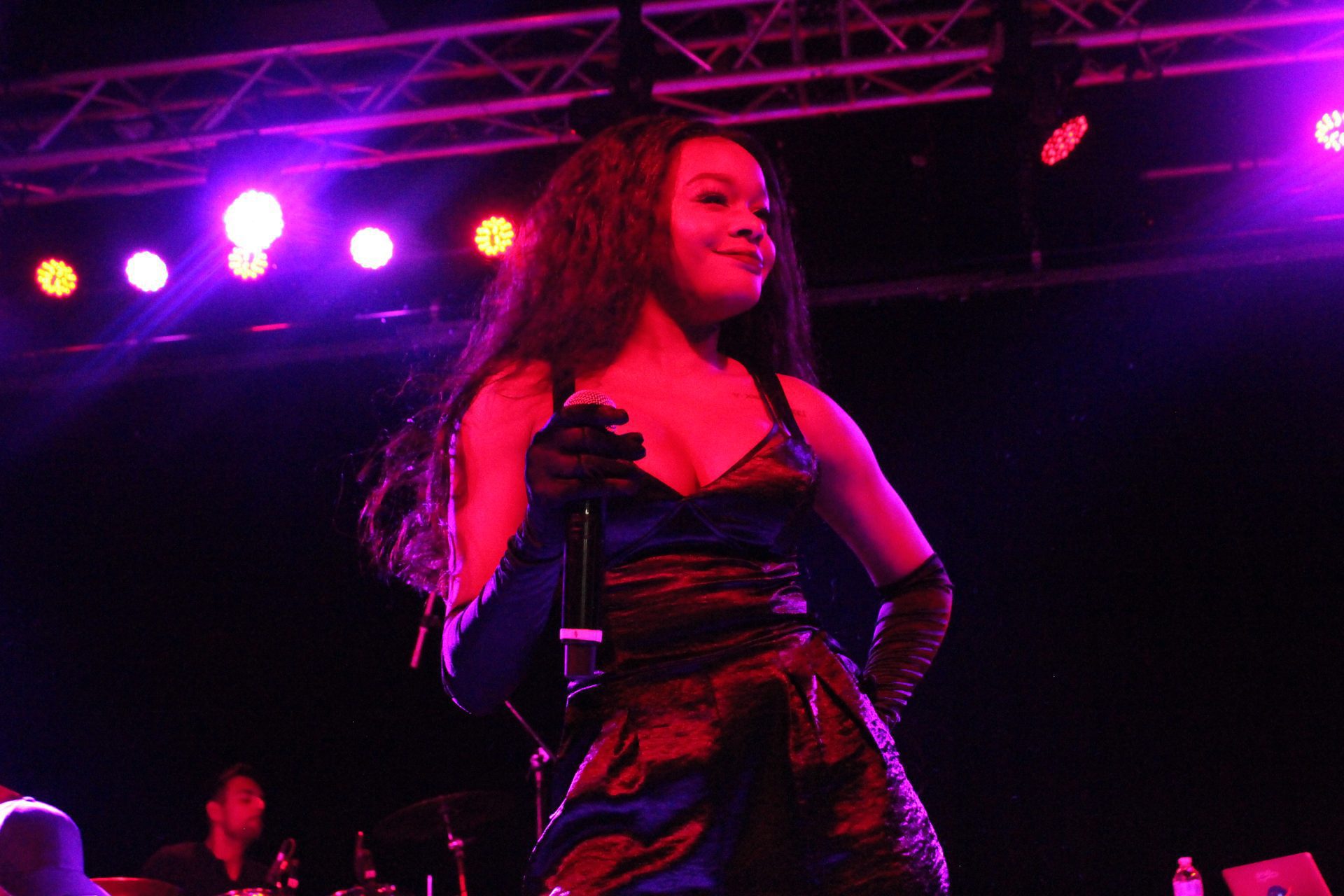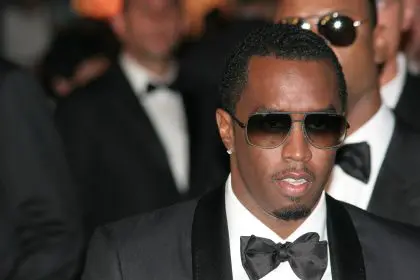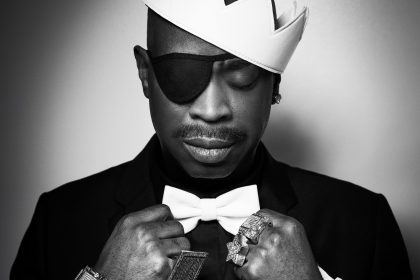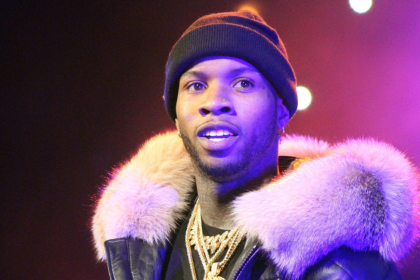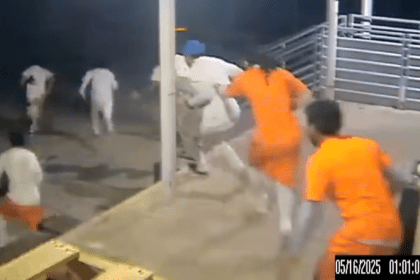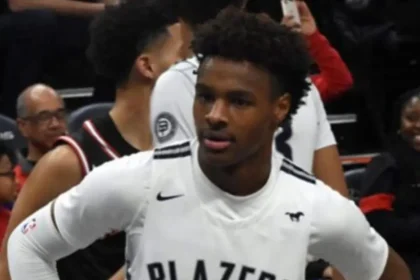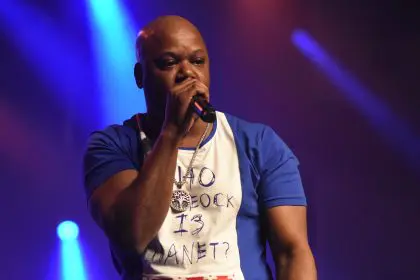A Las Vegas judge has dismissed an $11.2 million judgment against R&B artist Tremaine Neverson, known professionally as Trey Songz, marking a significant turn in a contentious legal battle that began in late 2021. The case, which centers around allegations of assault at The Cosmopolitan hotel, has drawn widespread attention within the entertainment industry and sparked discussions about the intersection of celebrity status and legal accountability.
Unraveling the incident
The controversy stems from events that allegedly occurred on Nov. 28, 2021, when Tyrelle Dunn claims he encountered Songz and his security team at The Cosmopolitan. The incident reportedly escalated after Dunn attempted to intervene in a situation involving his wife, leading to what he describes as a violent confrontation. The aftermath of this encounter resulted in reported injuries including facial fractures, rib damage, and stomach trauma, all of which have been documented in medical records and court filings.
The incident at The Cosmopolitan has raised broader questions about security protocols at high-profile venues and the responsibilities of entertainment establishments in maintaining guest safety. Industry experts have noted that this case highlights the complex dynamics between celebrity security teams and civilian interactions in public spaces.
Breaking down the financial stakes
The original judgment, issued by Clark County District Court Judge Jacob Reynolds, allocated substantial compensation across multiple categories. The financial breakdown showcased the magnitude of the case:
- Medical expenses: $28,000
- Pain and suffering: $5 million
- Punitive damages: $5 million
- Prejudgment interest: $1.2 million
The substantial nature of these damages reflects the serious consideration given to both the immediate physical impact and long-term consequences of the alleged incident. Legal analysts have noted that such significant punitive damages are relatively rare in civil assault cases, indicating the court’s initial view of the severity of the allegations.
Legal defense strategy
The dismissal hinged on a crucial legal technicality — improper service of the lawsuit. According to Sasha Frid, Songz’s legal representative, the artist remained unaware of the legal proceedings until November 2024, when social media alerts from fans brought the judgment to his attention. This revelation prompted immediate action from his legal team, who successfully argued that proper service protocols under Nevada and California law had not been followed.
The defense team’s strategy emphasized the fundamental right to due process, arguing that their client’s inability to present a defense violated basic legal principles. This argument resonated with the court, leading to the judgment’s dismissal and potentially setting a precedent for similar cases involving high-profile defendants.
Historical context and industry impact
The dismissed case adds another chapter to Songz‘s complex legal history. In June 2023, the artist faced separate legal challenges, including allegations from an incident at a Connecticut event in 2013. The Las Vegas Metro Police Department’s involvement in the current case concluded without criminal charges, though the department’s investigation has contributed to ongoing discussions about accountability in the entertainment industry.
This case has prompted industry-wide discussions about the relationship between celebrities, their security teams, and public interactions. Entertainment venues across the country have begun reviewing their security protocols and liability policies in response to this and similar incidents. The case has also sparked debate about the role of social media in legal proceedings, as evidenced by how Songz first learned of the judgment through his online fanbase.
Moving forward and implications
The dismissal opens a 30-day window for legal responses, setting the stage for potential further developments. This case highlights the intricate relationship between celebrity status, legal proceedings, and public perception in modern entertainment culture. Legal experts suggest that this case could influence how similar situations are handled in the future, particularly regarding service of process for high-profile defendants and the calculation of damages in celebrity-involved civil cases.
The entertainment industry continues to watch this case closely, as its outcome could affect how artists and their teams approach security measures and public interactions. Additionally, the case has sparked conversations about reform in how legal notices are served in an increasingly digital age, where traditional methods of service may need updating to account for modern lifestyles and celebrity status.


